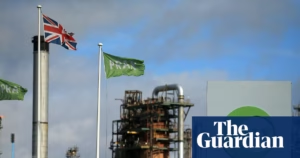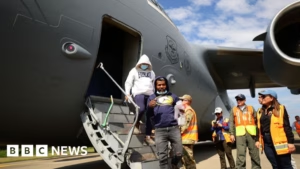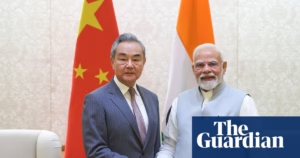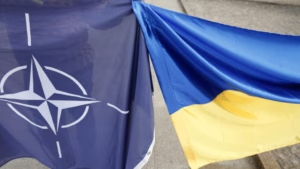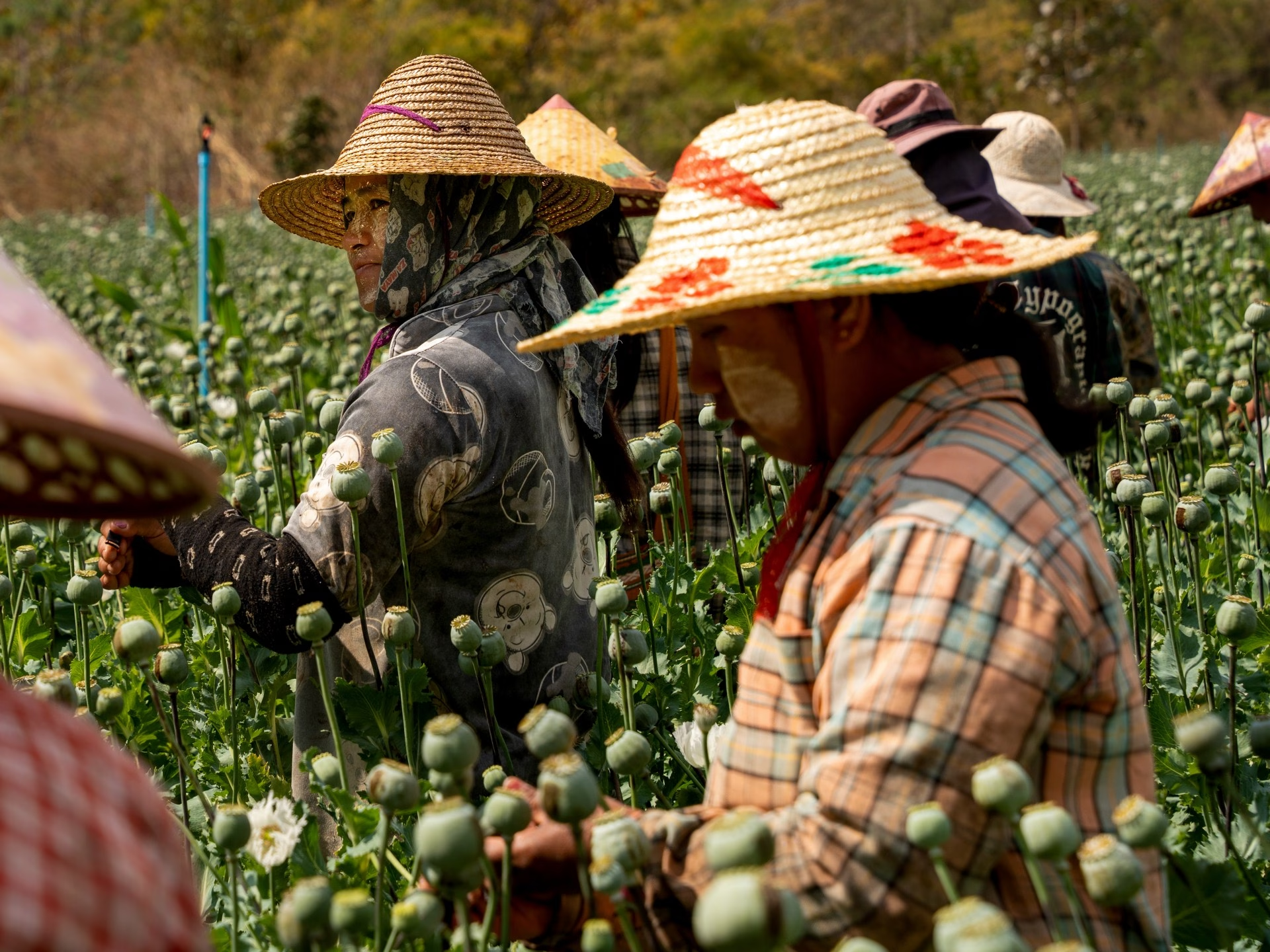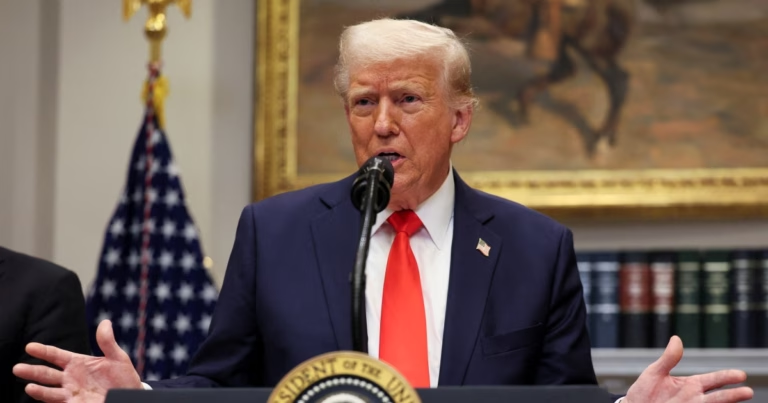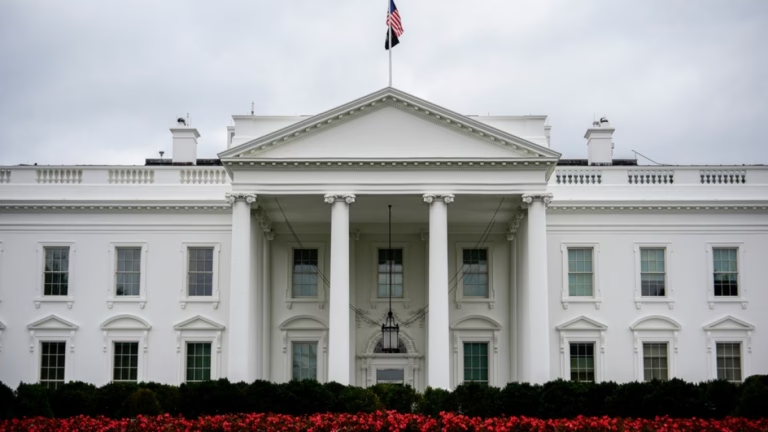Tian Win Nang, a poppy farmer in Southern Shan State, Myanmar, appears to be just out of his teens, squatting on the hard-packed earth, weighing a kilogram (2.2 pounds) of chocolate-colored raw opium in his hands. The opium, worth around $250 per kilogram, is later sold to Chinese traders who pay in advance for the harvest. Rest of the opium journey, processing into morphine and heroin, is unknown to the farmers.
Farmers in Southern Shan State harvest opium despite ongoing armed conflict between Myanmar’s military and ethnic armed groups, which has fueled opium farming and drug production. Experts say alliances exist between high-ranking Myanmar officers, ethnic armed groups, local criminal networks, and transnational syndicates. These alliances facilitate the drug trade.
Despite the 2021 arrest of Tse Chi Lop, a Canadian national of Chinese origin believed to be the leader of Sam Gor, a sprawling network made up of an alliance of rival Chinese triad gangs, the drug trade remains intact. The Sam Gor syndicate generated at least $8 billion, and possibly up to $17.7 billion, in 2018 from controlling the wholesale methamphetamine market in the Asia Pacific.
Methamphetamine originates from laboratories in northern Shan State and other areas on Myanmar’s eastern borders, which have become the region’s epicenter of synthetic drug production. The Golden Triangle is the lawless territory encompassing the shared borders of Myanmar, Thailand, and Laos and was infamous for its opium crops. The scale of drug production is also tied to the civil war in Myanmar, which has lasted for four years.
The Karenni Nationalities Defence Force (KNDF) and other Karenni armed groups fighting the ruling military in Myanmar are trying to change the drug trade. They oppose the production, trafficking, and use of narcotics and plan to use opium for medical purposes once the war is over. They stop and search motorcycles and vehicles on roads in the areas of Shan State they now control, looking for methamphetamine pills.
Source: https://www.aljazeera.com/features/2025/6/7/we-do-this-to-survive-harvesting-opium-poppies-in-myanmars-shan-state?traffic_source=rss
